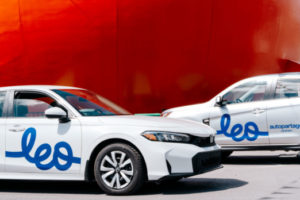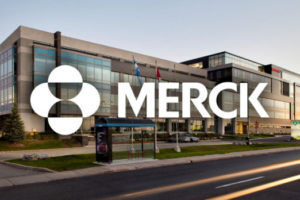YUL Condominiums : a major real estate investment
It’s been less than two and a half years since the first shovel went in the ground, and YUL Condominiums has already announced the official launch and sale of its YUL Phase 2 units. Construction on the impressive residential development in Downtown Montréal began in November 2014 and is coming along well. So well, in fact, that the second of the two 38-storey towers will launch sales this fall just a few months after the arrival of YUL 1 occupants, scheduled for June.
“With its stunning architectural design, YUL is part of our vision for the future of Downtown Montréal. The stylish and elegant luxury development is sure to attract international attention. Adding a second shifted-block tower will make YUL one of the most prestigious addresses in Montréal,” said Kheng Ly, President and CEO of Brivia Group and YUL Condominiums.
“We are very proud that YUL Phase 2 will be launching its sales in no time. YUL is an important project for the international expansion of our parent company, Gansu Tianqing Real Estate Group, founded by Mr. Qing Han,” added Steve Di Fruscia, President of Tianco Group.
Located at 1400 René-Lévesque Boulevard West, YUL Condominiums is co-developed by Brivia Group and Tianco Group. The project, supported by Montréal International since the very beginning, is a major investment that features two 38-storey towers, 17 townhouses and a 23,000-sq. ft. private courtyard.
China: A market that offers many investment opportunities
The construction of the YUL Condominiums development is a strong sign that Chinese investors are taking a growing interest in Greater Montréal—in both real estate and high-tech sectors. Montréal International has announced a number of major Chinese investments over the past few months, including the NSERC/Huawei Industrial Research Chair in Future Wireless Technologies funded by Huawei Technologies, one of the world’s leading manufacturers of telecom and ICT equipment; the R&D centre established by Hikvision Canada, a leader in video surveillance products and solutions; and the first North American office of Gold-Finance Group, a major investment fund and film producer. Two of China’s biggest banks—Bank of China and Industrial and Commercial Bank of China—have also opened branches in Montréal in the past few years.
At Montréal International, we intend to step up our promotion and business development efforts in China to attract more foreign direct investment. To do so, we have recently created an official WeChat account. WeChat is the most widely used Chinese social network and a powerful tool that will enable us to engage with potential investors in their own language and showcase what Greater Montréal has to offer.
What’s more, Air Canada’s addition of daily year-round flights between Montréal and Shanghai will greatly facilitate trade with China over the next few years. Air China also plans to introduce more nonstop flights between Montréal and Beijing to better connect the city with China’s northern regions. By considerably reducing flight times and the risks associated with connecting flights, nonstop services to Asia from Montréal will open up new markets to the Montréal business community while boosting Chinese investment in the metropolitan region.






